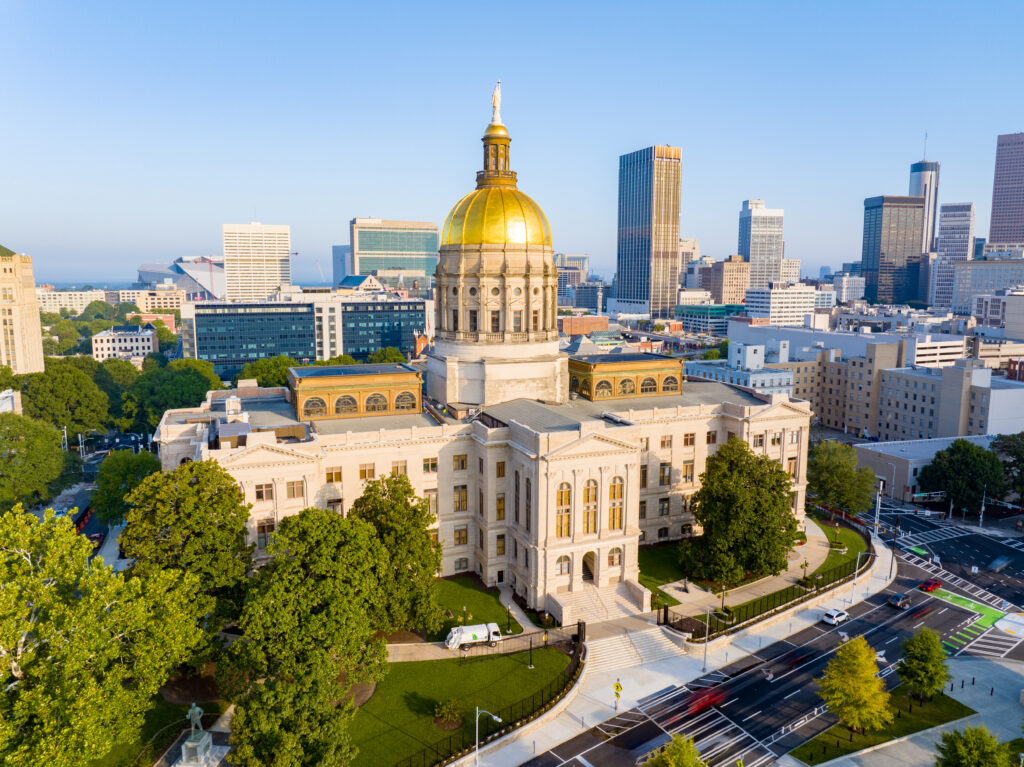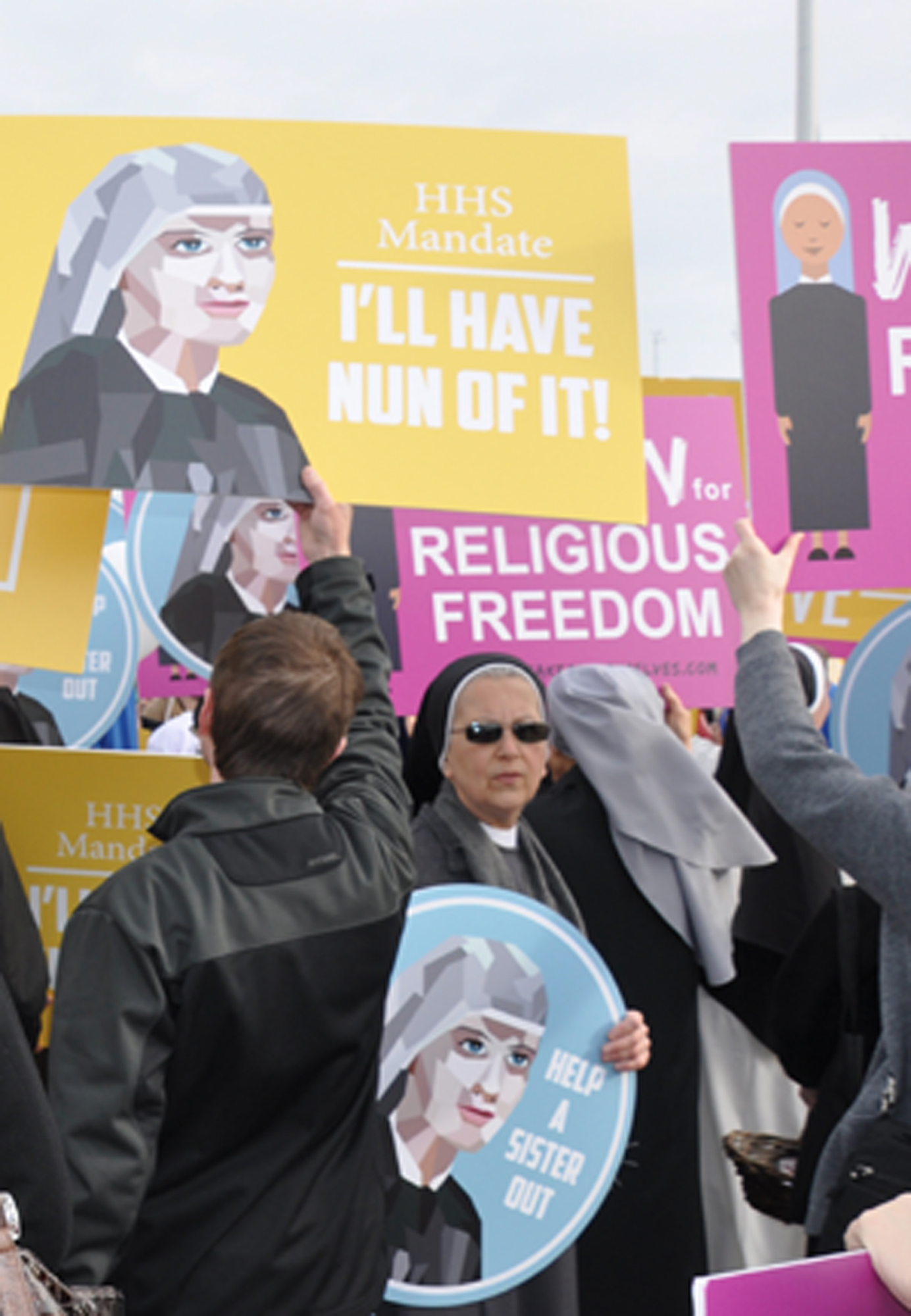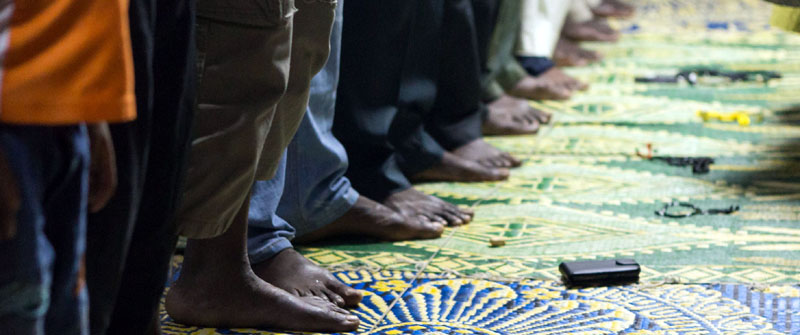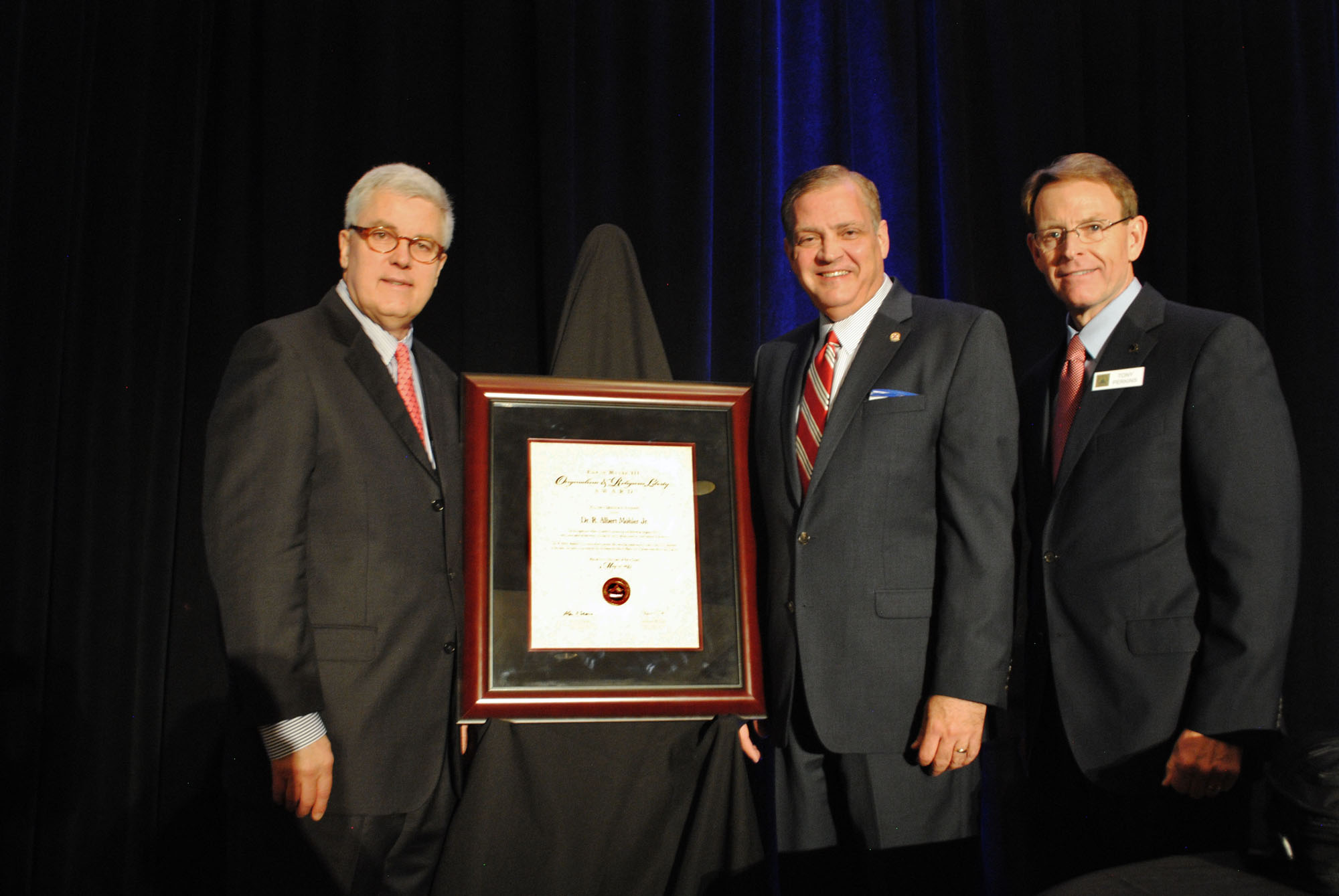
ATLANTA (BP) – Georgia is set to become the 30th state with a Religious Freedom Restoration Act (RFRA), as Gov. Brian Kemp is expected sign the religious freedom bill that passed the Georgia House late April 2.
Passed largely along party lines with Republican support just two days before the legislative session ends, the bill mirrors the federal RFRA passed during the presidency of Democrat Bill Clinton in 1993. It prevents the government from substantially burdening an individual’s exercise of religion unless the burden is the least restrictive means of furthering a compelling government interest.
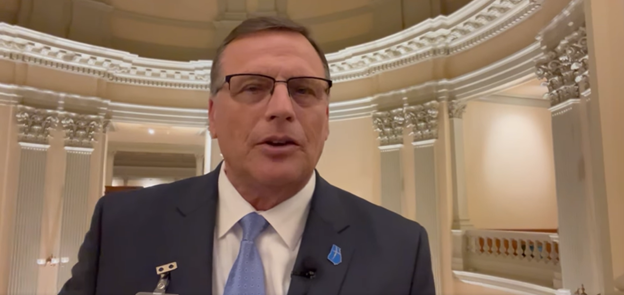
Mike Griffin, a public affairs representative with the Georgia Baptist Mission Board, praised God upon the bill’s passage, which culminated more than 10 years of GBMB advocacy of the measure that critics said could discriminate against marginalized groups including the LGBTQ+ community.
“A RFRA is not a sword, it’s a shield,” Griffin told Baptist Press after the bill’s passage.
“It’s not trying to weaponize people of faith to attack other people and get away with it,” he said. “It’s about making sure the people of faith are protected from the government, local, state ordinances or laws that infringe on their rights. The RFRA just makes sure that it’s balanced properly, that the citizens’ rights and the government’s responsibility, neither one of those are exaggerated. It’s a proper balancing method.”
Two Republicans voted against and Democrat favored the measure that passed the Republican controlled House 96-70. The measure passed the Senate March 4, but stumbled in the House Judiciary Committee before passing on a second vote March 26.
Former Gov. Nathan Deal, a Republican, vetoed the last RFRA bill the Georgia assembly passed in 2016, and the sponsor of this session’s successful bill said Deal was correct to do so.
Sen. Ed Setzler called Deal a “hero” for vetoing the 2016 bill, the Associated Press reported, and called the new bill less extreme.
Griffin described the 2025 bill as “a clean bill” that mirrors the 1993 law that protects all 50 states.
“Nobody should be against a RFRA if they’re in favor of the First Amendment, which would include freedom of press, freedom of speech, freedom of assembly,” Griffin said. “We thank the Lord that we got a clean RFRA. It doesn’t have any extra things in it. It is exactly what the governor said he wanted to get passed.”
He thanked Georgia Southern Baptists and others who advocated for the bill’s passage.
“We want to advance the Gospel,” he said. “We want to live for Christ in the public square. And we’re thankful for the responsibility that we’ve accepted here as citizens to ensure that our First Amendment rights are protected.”
Georgia’s passage follows Wyoming’s passage of an RFRA bill March 6. In addition to Wyoming, according to Becket Law and other tracking sites, RFRA’s are in place in Alabama, Arizona, Arkansas, Connecticut, Florida, Idaho, Illinois, Louisiana, Mississippi, Missouri, Montana, Nebraska, New Mexico, Pennsylvania, Rhode Island, South Carolina, South Dakota, Tennessee, Texas, Utah, Virginia and West Virginia.
In addition, 10 states have enshrined such protections in their state constitutions, including three states that have individual RFRAs, for a total of 37 states where strict scrutiny is employed before governments can infringe upon religious freedoms. Those additional states are Alaska, Maine, Massachusetts, Michigan, Minnesota, Washington and Wisconsin, Becket Law reported.
All 50 states are also protected by the federal RFRA.
